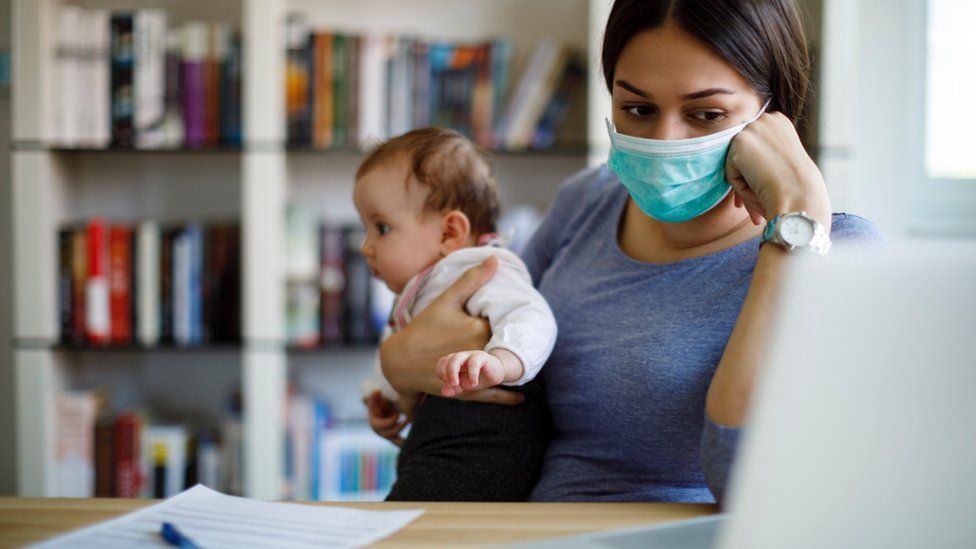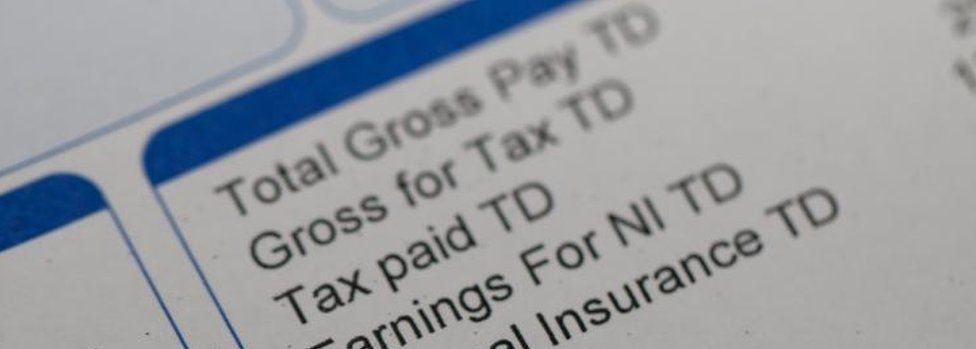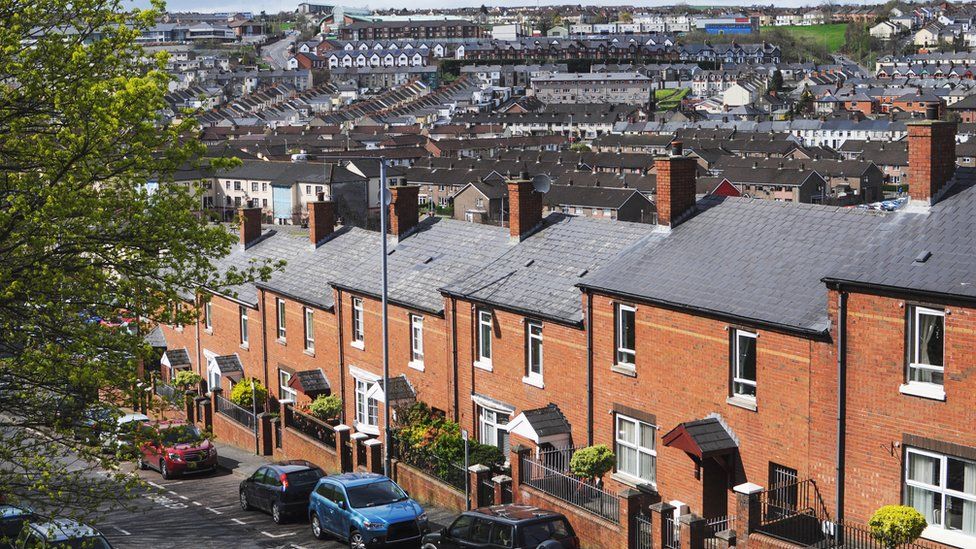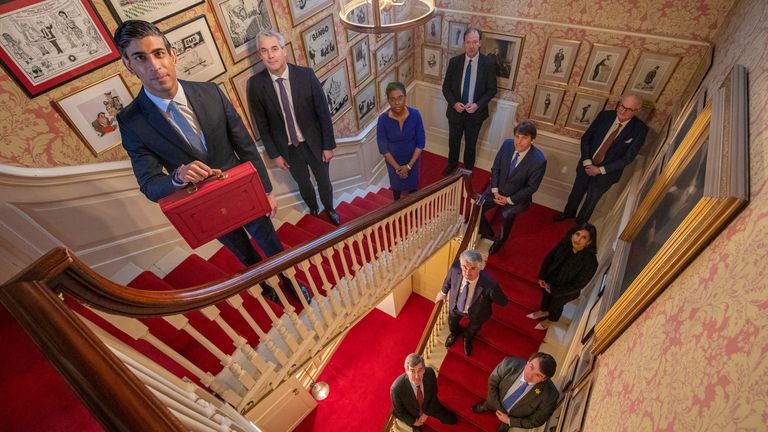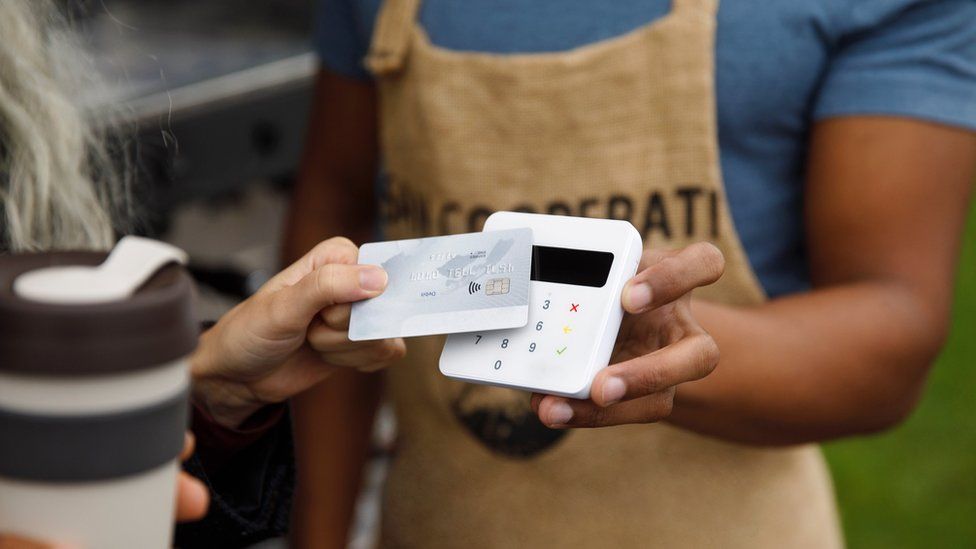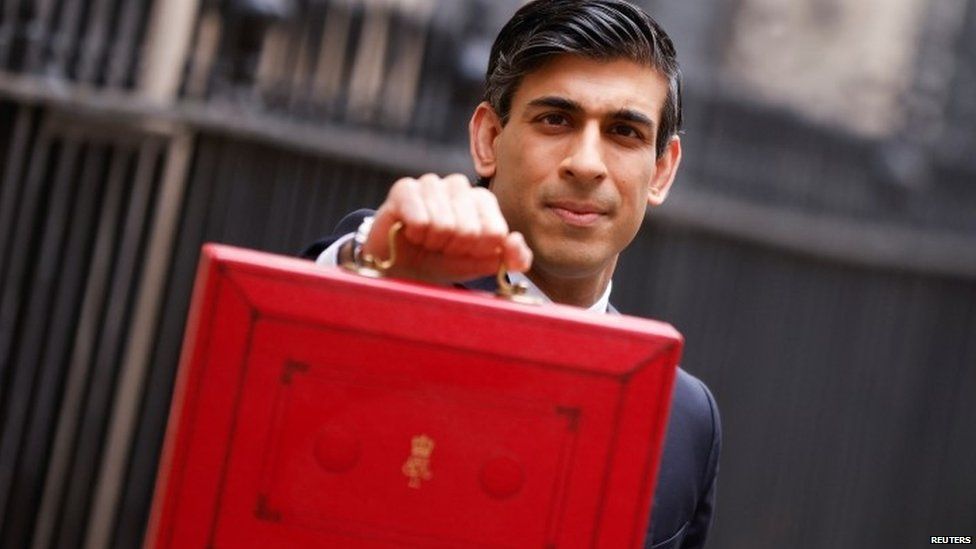
Chancellor Rishi Sunak has unveiled the contents of his Budget in the House of Commons.
Setting out the government's tax and spending plans for the year ahead, he announced new measures to help business and jobs through the pandemic and to support the UK's long-term economic recovery and a series of tax-raising plans to help rebalance the public finances.
Here is a summary of the main points.

Coronavirus support
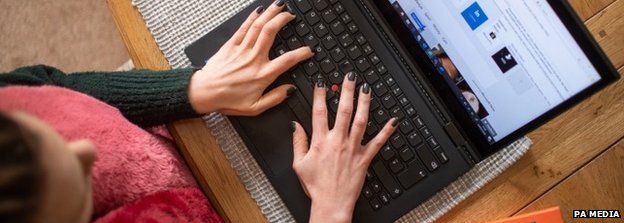
- Furlough to be extended until the end of September
- Government to continue paying 80% of employees' wages for hours they cannot work
- Employers to be asked to contribute 10% in July and 20% in August and September
- Support for the self-employed also to be extended until September
- 600,000 more self-employed people will be eligible for help as access to grants is widened
- £20 weekly uplift in Universal Credit worth £1,000 a year to be extended for another six months
- Working Tax Credit claimants will get £500 one-off payment
- Minimum wage to increase to £8.91 an hour from April

State of the economy and public finances
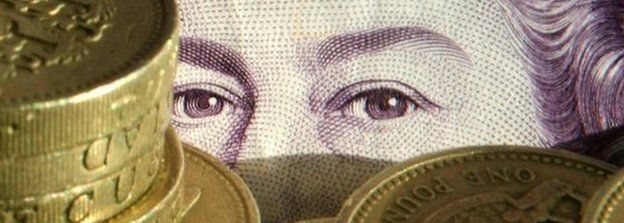
- UK economy shrank by 10% in 2020
- Economy forecast to rebound in 2021, with predicted annual growth of 4% this year
- Economy forecast to return to pre-Covid levels by middle of 2022, with growth of 7.3% next year
- 700,000 people have lost their jobs since pandemic began
- Unemployment expected to peak at 6.5% next year, lower than 11.9% previously predicted
- UK to borrow a peacetime record of £355bn this year.
- Borrowing to total £234bn in 2021-22

Taxation
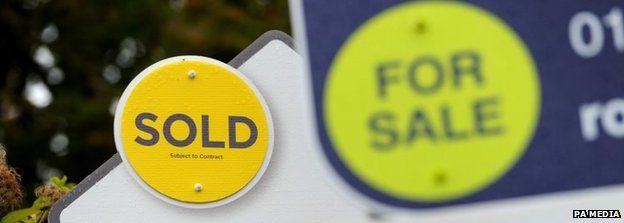
- No changes to rates of income tax, national insurance or VAT
- Personal income tax allowance to be frozen at £12,570 from April 2022 to 2026
- Higher rate income tax threshold to be frozen at £50,270 from 2022 to 2026
- Corporation tax on company profits to rise from 19% to 25% in April 2023
- Rate to be kept at 19% for about 1.5 million smaller companies with profits of less than £50,000
- Stamp duty holiday on house purchases in England and Northern Ireland extended to 30 June
- No tax charged on sales of less than £500,000
- Ten ways the Budget will affect you
- Tax on company profits to jump to 25%
- When has the stamp duty holiday been extended until?

Health and education
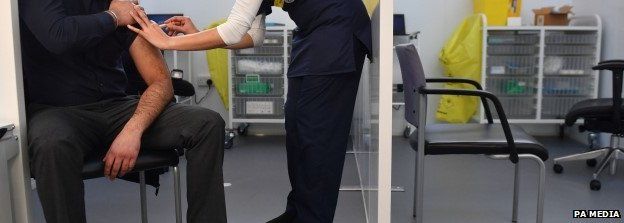
- £1.65bn to support the UK's vaccination rollout and £50m to boost the UK's vaccine testing capability
- £19m for domestic violence programmes, funding network of respite rooms for homeless women
- £40m of new funding for victims of 1960s Thalidomide scandal and lifetime support guarantee
- £10m to support armed forces veterans with mental health needs

The arts and sport

- £400m to help arts venues in England, including museums and galleries, re-open
- £300m recovery package for professional sport and £25m for grassroots football
- £1.2m to help stage delayed Women's Euros football tournament in England in 2022

Business, digital and science
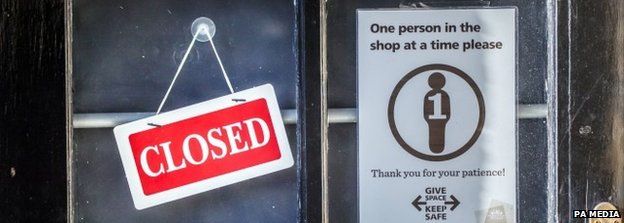
- Tax breaks for firms to "unlock" £20bn worth of business investment
- Firms will be able "deduct" investment costs from tax bills, reducing taxable profits by 130%
- Incentives for firms to take on apprentices to rise to £3,000 and £126m for traineeships
- Lower VAT rate for hospitality firms to be maintained at 5% rate until September
- Interim 12.5% rate will then apply for the following six months
- Business rates holiday for firms in England to continue until June with 75% discount after that
- £5bn in Restart grants for shops and other businesses in England forced to close
- £6,000 per premises for non-essential outlets due to re-open in April and £18,000 for gyms, personal care providers and other hospitality and leisure businesses
- New visa scheme to help start-ups and rapidly growing tech firms source talent from overseas
- Contactless payment limit will rise to £100 later this year

Alcohol, tobacco and fuel

- All alcohol duties to be frozen for second year running
- No extra tax on spirits, wine, cider or beer
- Fuel duty to be frozen for eleventh consecutive year
- Tobacco duties to rise by inflation plus 2%

Environment, transport, infrastructure and housing
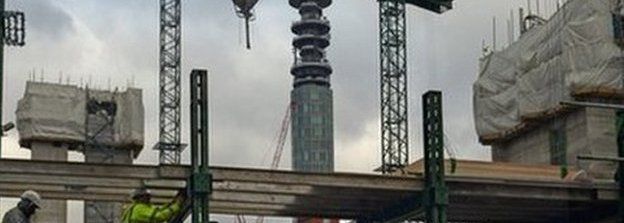
- New UK Infrastructure Bank to be set up in Leeds
- It will have £12bn in capital, with aim of funding £40bn worth of public and private projects
- £15bn in green bonds, including for retail investors, to help finance the transition to net zero by 2050

Nations and regions
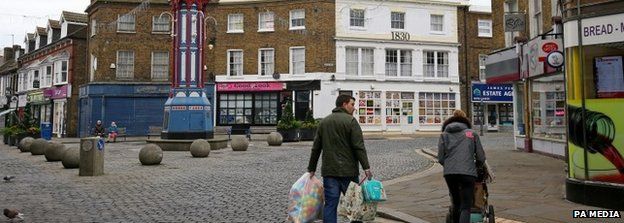
- £1.2bn in funding for the Scottish government, £740m for the Welsh government and £410m for the Northern Ireland executive
- 750 UK civil servants to be relocated to new Treasury campus in Darlington
- £1bn fund to promote regeneration in a further 45 English towns, including Middlesbrough, Preston, Swindon, Bournemouth, Newark, West Bromwich and Ipswich
- £150m for community groups to take over pubs at risk of closure
- First eight sites announced for freeports in England: East Midlands Airport, Felixstowe and Harwich, Humber, Liverpool City Region, Plymouth, Solent, Thames and Teesside

https://news.google.com/__i/rss/rd/articles/CBMiL2h0dHBzOi8vd3d3LmJiYy5jby51ay9uZXdzL3VrLXBvbGl0aWNzLTU2MjY2Nzcz0gEzaHR0cHM6Ly93d3cuYmJjLmNvLnVrL25ld3MvYW1wL3VrLXBvbGl0aWNzLTU2MjY2Nzcz?oc=5
2021-03-03 15:54:30Z
52781409622088
